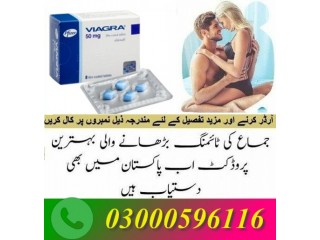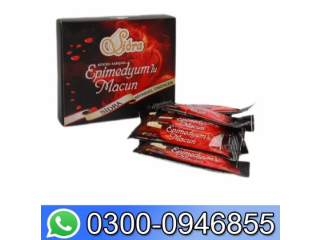Food additives Private
3 years ago - Automobiles - Barddhamān - 194 viewsFood additives are chemicals added to foods to keep them fresh or to enhance their colour, flavour or texture. They may include food colourings (such as tartrazine or cochineal), flavour enhancers (such as MSG) or a range of preservatives.
Safety tests for food additives
Food Standards Australia New Zealand (FSANZ) is responsible for the approval of which food additives are allowed in Australian foods. All food additives used in Australia undergo a safety assessment, which
October 2011/NutraSolutions -- In 399 BC, the Greek philosopher Socrates was executed by drinking an infusion of the poisonous hemlock plant. In ancient Egypt, Cleopatra used henbane extract to dilate her eyes and make her appear more alluring. Also in Egypt, red fabric found in the tomb of King Tut contained were produced by extracting the plant parts in alcoholic beverages to dissolve the active components.
Today, the use of plant extracts to flavor, color and improve health are not that different from ancient times. Even the extraction methods are fundamentally the same. And, with hundreds, if not thousands, of years of traditional use behind many plant extracts, their safety (and often their efficacy) has been well-documented. Even so, when one takes into account the massive number of plant-based extracts used in traditional medicinal systems, such as Ayurveda and traditional Chinese medicine, very few are approved for use in foods or have Generally Recognized as Safe (GRAS) status. This may be changing, as self-affirmation of GRAS status for such ingredients is steadily increasing. Within the last 18 months alone, a number of extracts received GRAS status through self-affirmation, with or without FDA notification
cturing Practices (cGMP). Product quality is at the center of cGMP, which assures the correct monitoring, design, and control of manufacturing facilities and processes.
cGMP also supplies guidance for how to attain quality raw materials, in addition to the preferred management processes and systems for maintaining optimum laboratory testing procedures. All factors play a key part in the effectiveness and safety of pharmaceutical raw materials.
For manufacturers, adherence to cGMP is a necessity, and while quality and safety are top priorities in the pharmaceutical industry, these guidelines do introduce more challenges in the manufacturing process.
Medical apparatus and instruments refer to instruments, instruments, implants, extracorporeal reagents or similar or related items used to diagnose, prevent or treat diseases or other medical conditions, and are not achieved by chemical effects (such as drugs) in the body or in the body Its purpose. The main goal of any medical device is to improve the patient’s daily quality of life or well-being during diagnosis, treatment, and/or medication. Over the last decade, the medical device industry is a fast-growing and demanding industry. Advances in design, materials, and technologies have increased the potential to develop improved solutiademic domains regarding issues such as design, materials, prototypes, or manufacturing processes.
Fine and specialty chemicals are a not sharply defined chemical substances that are usually produced in small quantities and on special customer request. Fine chemicals are chemical substances that are obtained by means of complex syntheses and have a guaranteed degree of purity. Specialty chemicals is the broader term and generally includes chemical substances for special applications where the effect is what counts most.
You can use disposable protective gloves to protect your hands from any kind of hazard. There are three main types of disposable safety gloves. There are latex gloves, which are manufactured from natural rubber. Nitrile gloves are produced from synthetic nitrile rubber. And vinyl gloves are made from synthetic plastic polymer. Whichever type of glove you decide to use, you should always ensure that it is suitable for your kind of industrial application. Disposable gloves are usually manufactured with a service grading. The service grade of a disposable glove indicates the type of industry that it should be used. This article looks at the various uses of disposable gloves according to industry.
Medical Usage
Disposable safety gloves are some of the most commonly used safety products in the healthcare industry. These gloves are worn to prevent cross-contamination between patients and medical staff. They are also used for general hand protection when handling various sensitive things in a medical setting. Disposable
There are special disposable gloves for use in the food service industry and restaurants. These gloves are also tested and approved by the FDA. Food service gloves are worn by chefs, waiters, and various hospitality personnel. Food service gloves are used to prevent cross-contaminating during food preparation and service. Like the medical disposable gloves discussed above, food service gloves undergo serious testing before they can hit the market. Food service gloves are usually white in color to Accenture the cleanliness or sterility of the hospitality industry.














